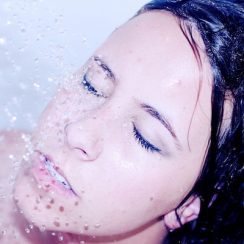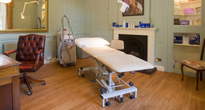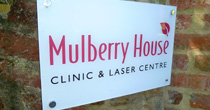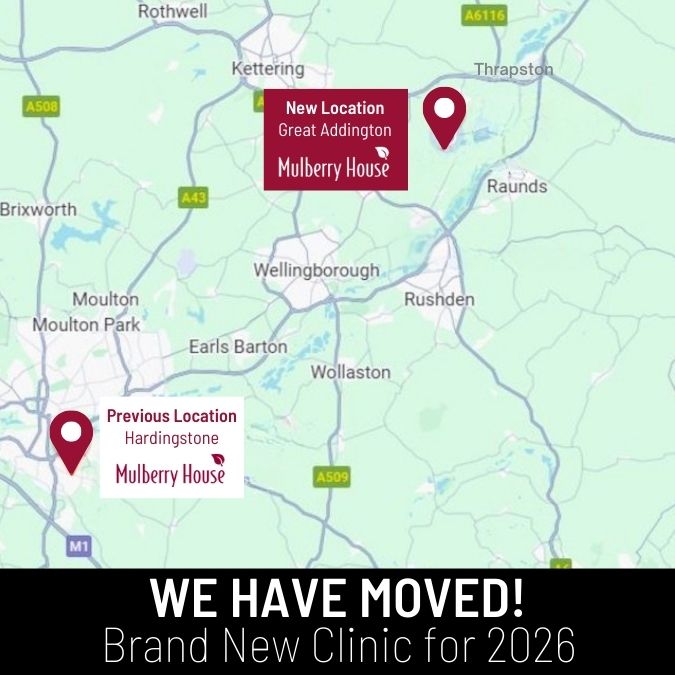
The role of the skin is to protect, providing a physical barrier for the body.
The skin has to deal with whatever it is exposed to – including pollutants and environmental factors which can challenge its health and functioning.
Pollution contains a variety of potentially harmful substances, which could include tiny particles called particulate matter (PM) are floating in the air. These can be solid or liquid, like soot, dust, or smoke. Some are so microscopically small you can’t see them, but others may be visible to the naked eye. These particles come from things like factories, cars (especially diesel), and burning fuel for heating and can leave a dirty or grimy buildup on the skin.
These are not exclusive to major cities – working close to a busy road or in an industrial environment could equally be exposing your skin to pollutants.
In addition, pollution exposes your skin to gases such as ozone (formed by chemical reactions involving sunlight, nitrogen oxides, and volatile organic compounds), nitrogen oxides (formed during combustion) and sulphur oxides (produced from burning fossil fuels).
These pollutants interact with the skin and trigger the formation of free radicals which can then damage skin.
How Does Pollution Affect Your Skin?
There are a number of ways in which pollution can damage the skin, including:
- Premature Ageing:
Free radicals attack collagen and elastin, resulting in wrinkles, sagging skin, and loss of elasticity - Skin Inflammation:
Pollution triggers inflammation, leading to redness, irritation, and sensitivity. It can also exacerbate existing skin conditions like eczema and psoriasis. - Dull and Uneven Skin Tone:
The oxidative stress caused by pollutants can lead to hyperpigmentation, dark spots and a dull, lacklustre complexion. - Clogged Pores and Acne:
Pollutants can clog pores, contributing to the development of acne and other blemishes. - Weakened Skin Barrier:
Pollution disrupts the skin’s natural protective barrier, making it more susceptible to damage and vulnerable to dehydration and external aggressors.
Protecting Your Skin from Pollution
Good hygiene can help to protect your skin if it has been exposed to pollution
- Cleanse Thoroughly:
Remove pollutants and dirt at the end of the day with a gentle yet effective cleanser. - Antioxidant Powerhouse:
Incorporate skincare products rich in antioxidants like vitamin C, E, and green tea to combat free radicals. - Hydration is Key:
Keep your skin hydrated with hyaluronic acid-based moisturisers to strengthen the skin barrier.
Sunscreen is Essential: Protect your skin from harmful UV rays, which can intensify the damage caused by pollution. - Anti-Pollution Skincare:
Look for products specifically formulated to shield your skin from environmental aggressors.
Remember: While pollution can be a major skin concern, with the right skincare routine and lifestyle adjustments, you can protect your skin and maintain a healthy glow.Mulberry House Clinic
Specialist Cosmeceutical Products
Using the right product can make a big difference.
Mulberry House Clinic offers a range of medical-grade skincare products with active ingredients that are not available on the high street. Prescription cosmeceuticals can achieve remarkable results in improving the health and appearance of the skin. Ranges include Cellderma and ZO Skin Health.
Key ingredients or products to look for include:
- Antioxidants
These work to prevent free radical damage and oxidative stress. They work by donating an electron to neutralise the free radical and prevent cellular damage. Vitamins E and C can both play a role. Advanced skincare which is ‘prescription only’ is likely to have stronger formulations which are more active. - AHA cleanser
Cleansing with products containing alpha hydroxy acids go a step further in chemically exfoliating the outer layer of skin and encouraging formation of new skin cells. Glycolic acid is a good one to look at. Cosmeceutical products vary in strengths and the regime can be intensified as your skin responds. - SPF protection
Sunscreen provides an essential barrier to UV radiation which is instrumental in the free radial action. Using SPF50 daily gives optimum protection. Ensure that your sunscreen contains UVA and UVB defence.
The best place to start is with a skincare consultation. The team at Mulberry House Clinic are fully trained in skin assessment and able to diagnose the issues in order to recommend the most suitable treatment plan.
Established 2003
Mulberry House Clinic has an excellent reputation in the Northampton area as an independent, doctor-led practice with over 17 years experience. Cosmetic skin treatments are carried out by Dr John Tanqueray, who works closely with leading manufacturers to remain at the forefront of the medical aesthetics.
For further information or to arrange a confidential consultation, please complete our contact form, call 01604 702630 or email: info@mulberryhouseclinic.co.uk.







